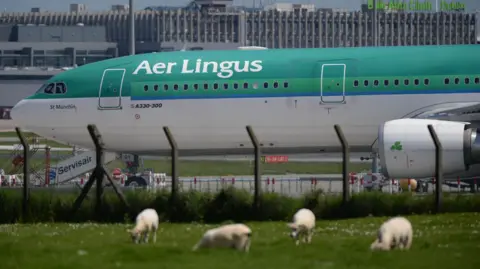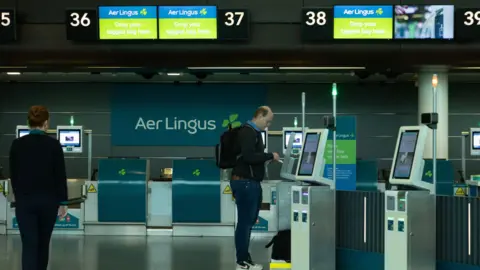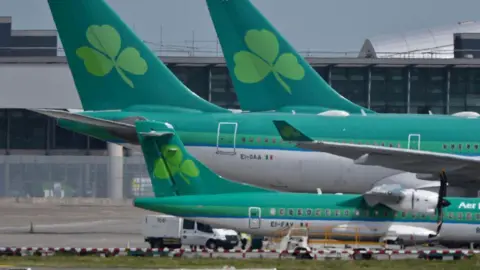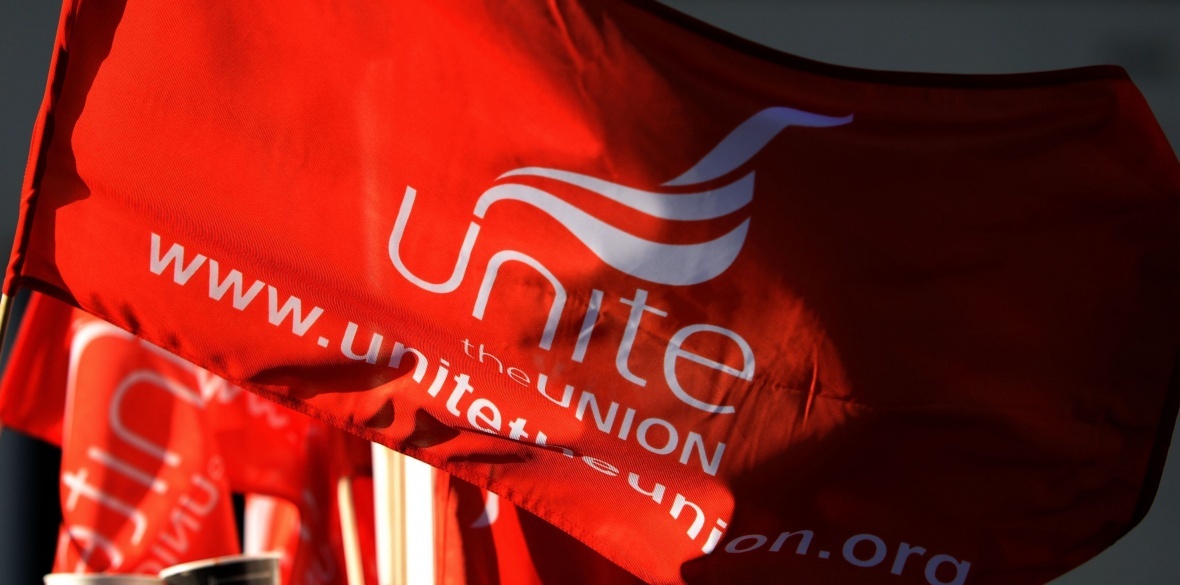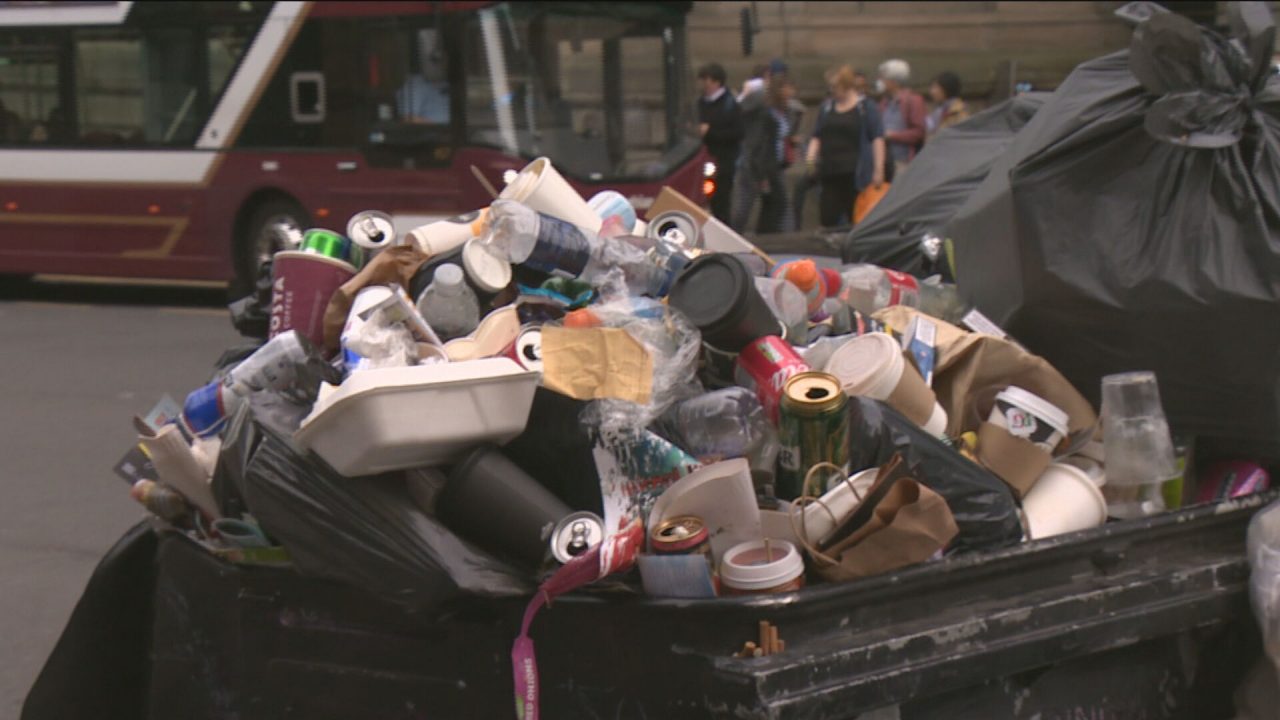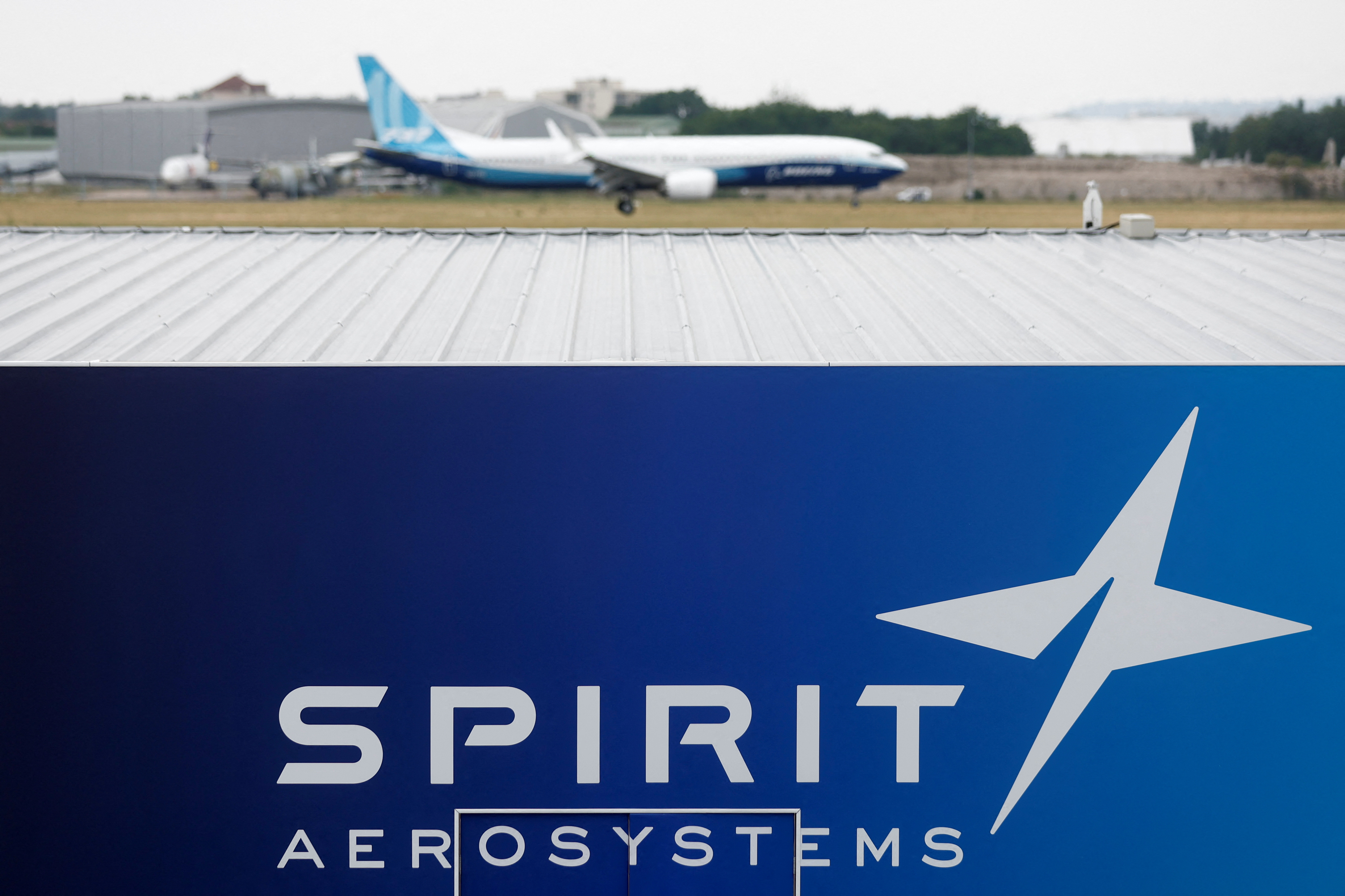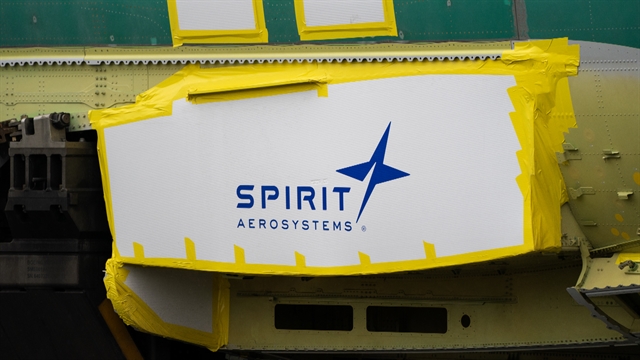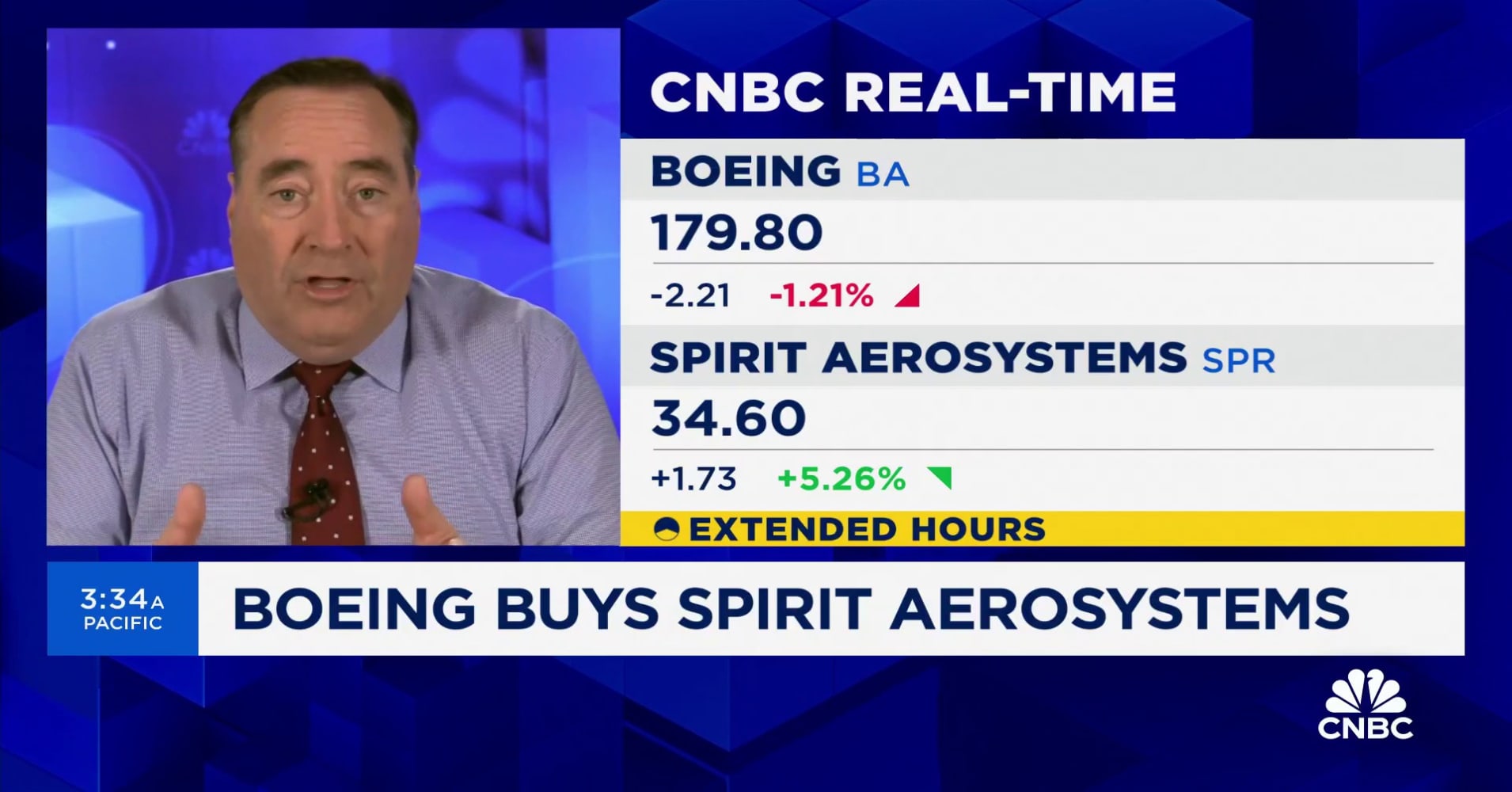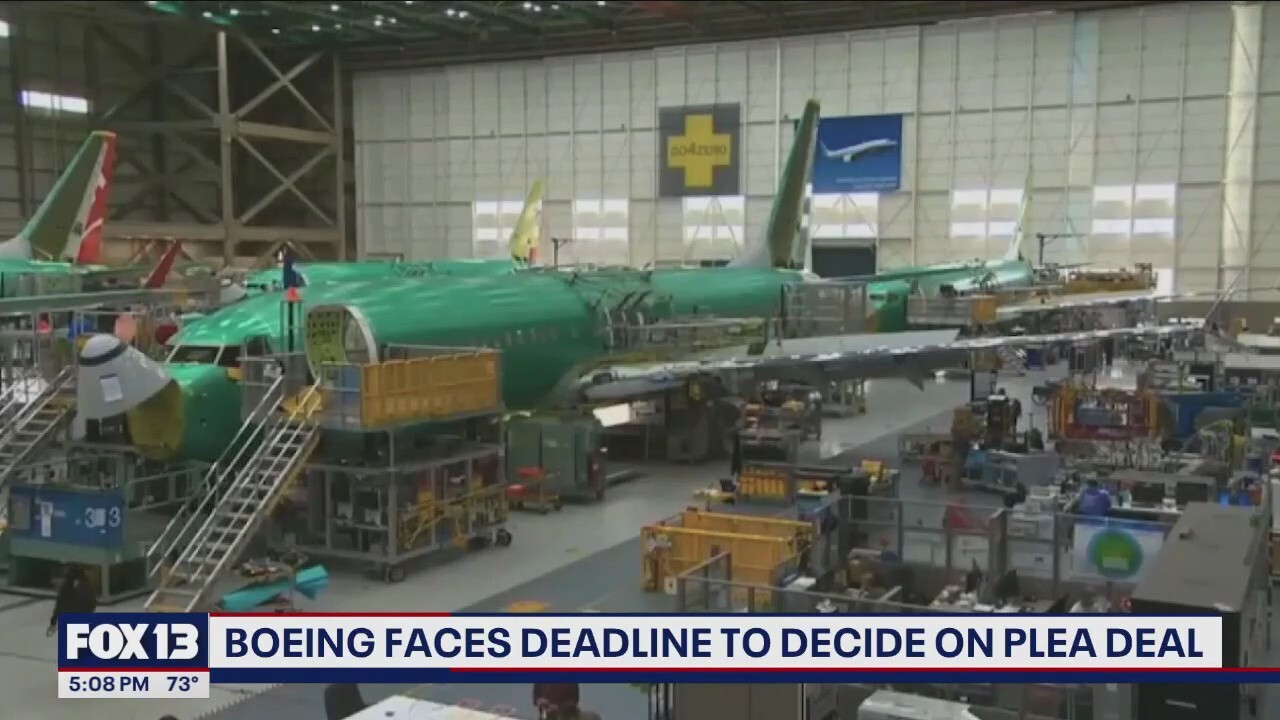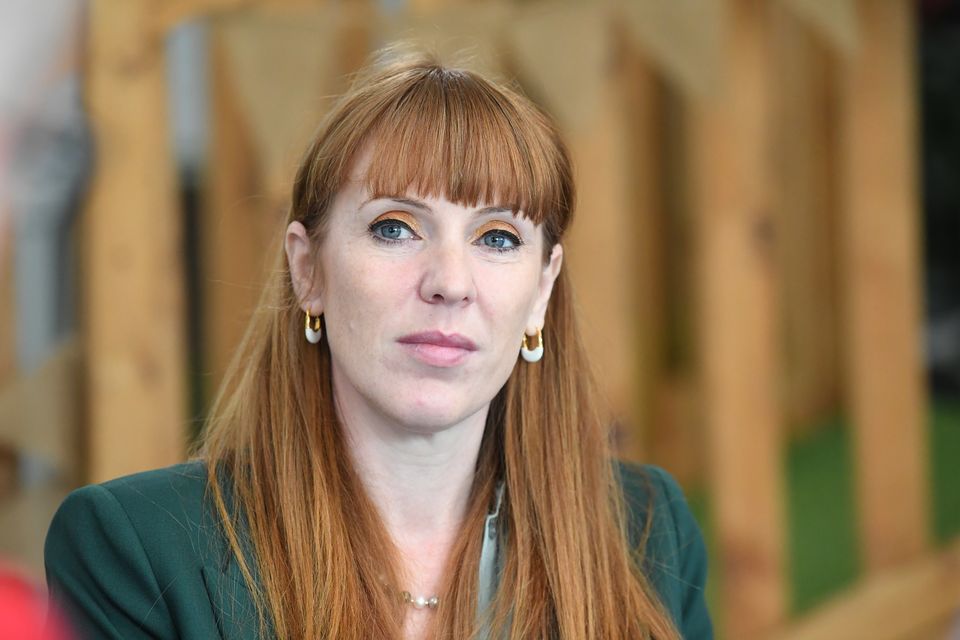We’re at a dangerous moment in history. We need community advocates to speak out against the march to the right
Emma Dent Coad
2 July 2024,
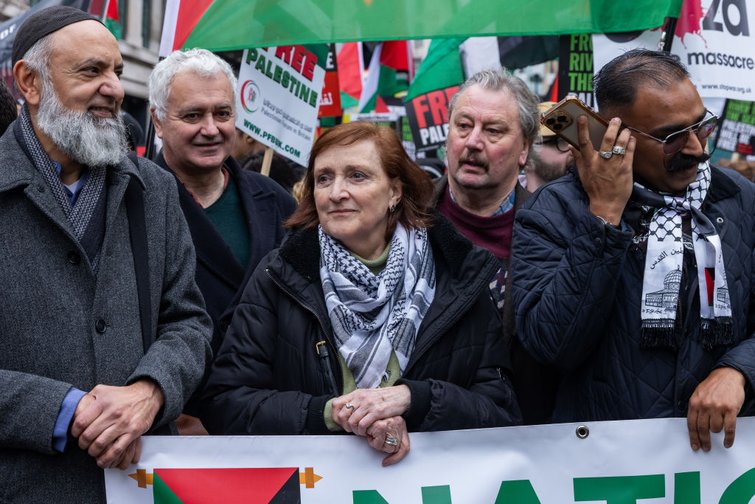
Emma Dent Coad at the National March for Palestine in Feb 2024 |
Mark Kerrison/In Pictures via Getty Images
The UK’s electoral system creates a two-party race between Labour and the Tories, with smaller parties and independent candidates sidelined and largely ignored by the media. openDemocracy is platforming some of these candidates so you can hear what they stand for. Articles published do not necessarily reflect our editorial stance.
If you’d have told me in 1984 – or at any point over the next 40 years – that I’d be running in an election not for the Labour Party but as an independent candidate, I’m not sure I’d have believed you.
Last year I was forced to quit Labour after four decades of membership. It was a painful decision, but I could feel the values I’d signed up for falling away, dissipating, and finally being dumped.
At the time, I was the leader of the Labour opposition group in Kensington and Chelsea London Borough Council, so my resignation was newsworthy. I made a video explaining why I was ending my membership and put it on X (formerly Twitter). It garnered more than a million views. Clearly I had hit a nerve.
There were a number of last straws for me, though a huge one was Labour leader Keir Starmer’s refusal to scrap the two-child benefit cap if elected at this week’s general election. People are always surprised to hear this, but Golborne in North Kensington is the most multi-deprived ward in London. I’ve spent 18 years representing families who desperately struggle to pay bills and have children who go hungry as a result. I know the difference lifting the cap would make.
Get our free Daily Email
Get one whole story, direct to your inbox every weekday.SIGN UP NOW
Other factors behind my resignation were Labour’s U-turn on its Ten Pledges, the subsequent announcement of its pitiful Five Missions, the party’s clear hardening towards all its previous social policies, and then, of course, the unforgivable racism within its ranks, so ably revealed in the Forde Report and simply ignored.
On the Monday before my resignation, the Labour Party suspended Diane Abbott over an ill-worded comment, for which she had immediately apologised.
The following day I was bombarded with community outrage over Starmer accepting a donation of football tickets worth £1,000 from Mulalley and Co Limited – a construction firm that had been ordered to pay out £10.8m after being found liable for defective cladding on four high-rise residential tower blocks in Portsmouth. The landmark court ruling came after the Grenfell Tower fire that killed 72 of my friends and neighbours.
As the council’s Labour group leader, I agreed on a press release and letter about the donation with the relevant councillors, sent the letter to the Labour Party and put the statement on X. Outrage soon exploded from another direction. Certain people within the party were furious that I’d criticised the Labour leader.
This made no sense – as a veteran campaigner, I have criticised numerous leaders of the Labour Party over the years. Why not now, on such an insensitive and egregious issue? A row ensued. I’d had enough. Within 24 hours, on 27 April 2023, I resigned from the Labour Group Leadership and the national party, continuing to serve Kensington and Chelsea as an independent councillor.
If I hadn’t resigned then, I would have resigned every single day since. I couldn’t stand by and ignore Labour’s position on Gaza; its endless U-turns on any kind of social policy; its anti-democratic ousting of decent parliamentary candidates by fair means or foul – while warmly welcoming Conservative MPs into the fold – and what I would call institutional racism within the party.
Labour has lost its moral compass. It has imploded into factional bullying, racism and, frankly, hatred. The utterly miserable televised leadership debates of this election campaign – most of which have been more like a round of the BBC show ‘Would you lie to me?’ – have shown precisely why people on the doorstep tell me they are fed up with politics and politicians. It feels corrupt. Lying and smearing are the norm. All hope has gone.
We cannot let hatred win. More than half our residents in the Kensington and Bayswater constituency (54% and rising) are non-white non-British born – so our minorities are, in fact, a majority. I’ve lived here most of my life and I love that. I’ve also seen in my lifetime the attitudes to LGBTIQ+ people ebb and flow – softening in recent years, only to see some sectors of society vilifying anyone not hetero-normative; so depressing. Meanwhile, people with disabilities, WASPI women, and anyone needing regular long-term medical attention are treated like pariahs by the government.
I will always stand against hatred in any manifestation. When times are tough, we need love, kindness and truth – they are free and cumulative. So when hundreds of people – by email, WhatsApp, X and on the street – asked me to give them someone to vote for, I agreed.
I was lucky enough in my years as a local councillor to meet and work with the veteran socialist Labour MP and tireless campaigner Tony Benn. While he is no longer with us in person, he was a huge influence on me. No one gets everything right, but he was very right with this comment in 1982:
“If the Labour Party could be bullied or persuaded to denounce its Marxists, the media – having tasted blood – would demand next that it expelled all its Socialists and reunited the remaining Labour Party with the SDP to form a harmless alternative to the Conservatives, which could then be allowed to take office now and then when the Conservatives fell out of favour with the public.
“Thus British Capitalism, it is argued, will be made safe forever, and socialism would be squeezed of the National agenda. But if such a strategy were to succeed… it would in fact profoundly endanger British society. For it would open up the danger of a swing to the far right, as we have seen in Europe over the last 50 years.”
I sincerely believe we are at a very dangerous moment in history. We need strong community advocates and campaigners who will not be absorbed into the political blob, but who will stand up fearlessly for those they are elected to serve, and to speak out against the current terrifying march to the right.
This is why I am standing as an independent candidate for Kensington and Bayswater, taking my lead, not from the self-interest of political parties, but from the needs and aspirations of the people.
